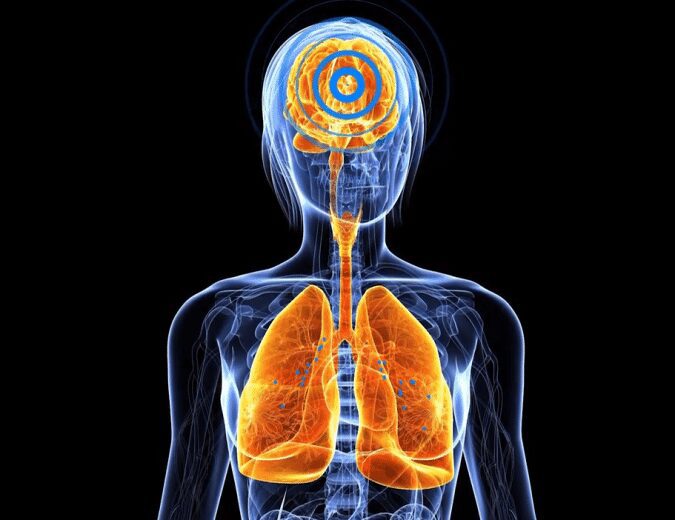DMT is famous for providing insightful psychedelic experiences. Now, a group of researchers is investigating whether the chemical can hold death at bay.
In a proposed experiment, researchers Ede Frecska and Attila Szabo are attempting to discover whether DMT can allow the brain to survive longer without oxygen.
DMT, or dimethyltryptamine, is one of the active chemicals in ayahuasca, a psychedelic drink that sends its users on spiritual journeys deep inside themselves. We’re learning now that its effects are even broader.
“Our main tenet is that DMT is involved in the healing and regeneration of cells, it helps the body to survive extreme stress like clinical death,” Frecska writes in the funding page. “Our group has already provided experimental support of this concept in the field of immunology.”
Clinical death occurs when the heart stops beating and oxygen is no longer delivered to the brain. If the blood flow is not restored in five minutes or so, the person reaches terminal death and can no longer be revived without suffering from serious brain damage.
The group notes that some forms of tryptamine occur naturally in the body and help protect the brain in the event of oxygen loss.
“In response to a life threatening situation, the lungs can synthesize large amounts of DMT and release it into the arterial blood within seconds,” says the video accompanying the funding page. “Since the heart has made its last systolic contractions, the brain does not have much time.”
When the DMT arrives in the neurons, however, it signals them to reduce their energy consumption to buy more time before death. “Just imagine how many lives can be saved in an extra few minutes,” the video says.
If the researchers’ hypothesis proves correct, they envision DMT one day being available in ambulances and emergency rooms to be administered to patients and give doctors a longer window to try to revive them.
Of course, it will take extensive research to reach that point. For now, the scientists are proposing to use brain tissue in a lab and test the effects of DMT on it. Any trials using human subjects are a long way off.
The team put together an impressive collection of testimonials, including one from Stephen Szára, a Hungarian chemist who is considered the first scientist to study the effects of DMT. Szára, who later became the Chief of the Biomedical Branch of the U.S. National Institute on Drug Abuse, discovered DMT receptors in the lungs and realized that the substance must affect the body as well as the brain.
“Dr. Frecska and his colleagues were among the firsts to recognize that DMT, possibly mediated through sigma-1 receptors may be involved in the healing and regeneration processes after severe stress,” Szára writes on the funding page. “His group deserves a chance to follow up, with the help of our support, their research using traditional scientific methods.”
Other doctors and researchers at the forefront of the psychedelic movement like Dennis McKenna, Luis Eduardo Luna and Gabor Maté also lend their support.
“Please help us improve our research opportunities so we can help people by extending the period of clinical death,” the video asks.
To learn more about the study or to give some money to support it, check out the Indiegogo page here.
